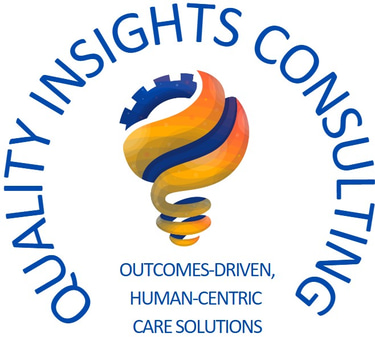Understanding MIPS Reporting: A Pathway to Enhanced Healthcare Quality and Compliance
The healthcare industry is continually evolving, with increasing emphasis on improving quality of care while managing costs. One of the pivotal programs aimed at achieving these goals is the Merit-based Incentive Payment System (MIPS). As part of the Quality Payment Program (QPP) established by the Centers for Medicare & Medicaid Services (CMS), MIPS is designed to promote better health outcomes through enhanced reporting and performance measures. In this article, we delve into the essentials of MIPS reporting, its significance, and strategies for successful compliance.
What is MIPS?
MIPS is a performance-based payment system that adjusts Medicare payments based on the quality and efficiency of care provided. It consolidates several legacy programs, including the Physician Quality Reporting System (PQRS), the Value-Based Payment Modifier (VBM), and the Medicare Electronic Health Record (EHR) Incentive Program. MIPS focuses on four key performance categories:
Quality: This category replaces PQRS and involves reporting on various clinical quality measures.
Promoting Interoperability (PI): Formerly known as Advancing Care Information, this category emphasizes the use of certified EHR technology to improve patient care.
Improvement Activities (IA): This category assesses efforts to improve clinical practice or care delivery.
Cost: This category evaluates the cost of care provided to patients, replacing the VBM program.
The Importance of MIPS Reporting
MIPS reporting is crucial for healthcare providers for several reasons:
Financial Incentives: Providers can earn positive payment adjustments based on their MIPS performance scores. Conversely, failing to comply with MIPS requirements can result in negative adjustments.
Quality Improvement: MIPS encourages providers to focus on quality improvement initiatives, leading to better patient outcomes.
Regulatory Compliance: MIPS compliance is essential for meeting federal requirements and avoiding penalties.
Reputation Management: High MIPS scores can enhance a provider’s reputation, attracting more patients and potential partnerships.
Key Steps for Successful MIPS Reporting
Understand the Requirements: Familiarize yourself with the MIPS performance categories and the specific measures relevant to your practice.
Choose Relevant Measures: Select quality measures and improvement activities that align with your practice’s strengths and patient population.
Utilize Technology: Leverage certified EHR technology to streamline data capture, reporting, and interoperability efforts.
Monitor Performance: Regularly track your performance in each MIPS category to identify areas for improvement and ensure compliance.
Engage Staff: Educate and involve your healthcare team in MIPS reporting processes and quality improvement initiatives.
Seek Expert Guidance: Consider partnering with consulting firms specializing in MIPS and healthcare quality improvement to optimize your reporting and performance.
Leveraging AI and Advanced Technologies in MIPS Reporting
As the healthcare industry increasingly embraces technology, advanced solutions such as artificial intelligence (AI) and machine learning (ML) are becoming integral to MIPS reporting and quality improvement. These technologies offer several benefits:
Data Analytics: AI can analyze large volumes of healthcare data to identify trends, predict outcomes, and generate insights for evidence-based decision-making.
Predictive Analytics: ML algorithms can predict patient outcomes and identify high-risk patients, enabling targeted interventions.
Natural Language Processing (NLP): NLP technologies can extract meaningful information from unstructured data in EHRs, enhancing data accuracy and completeness.
Personalized Interventions: AI-driven solutions can develop personalized care plans to improve patient outcomes and satisfaction.
Conclusion
MIPS reporting is a critical component of modern healthcare practice, driving quality improvement and ensuring compliance with federal regulations. By understanding the requirements, leveraging technology, and adopting a proactive approach, healthcare providers can navigate the complexities of MIPS and achieve significant benefits for their practice and patients. Embracing advanced technologies like AI and ML can further enhance MIPS performance, leading to better healthcare outcomes and a competitive edge in the industry.
Quality Insights Consulting specializes in helping healthcare organizations optimize their performance and compliance with MIPS and other quality measures. With a focus on AI-driven solutions, we provide expert guidance and tailored strategies to enhance healthcare quality and operational efficiency. Please reach out for more information.
Reach us
Navigation
© 2024. All rights reserved.
info@qualityinsightsconsulting.com
Education
